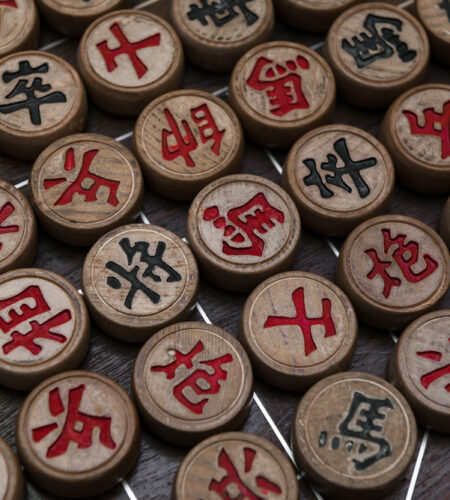In the world of entertainment and leisure, ancient board games hold a treasure trove of cultural history, intellectual challenge, and timeless fun. Rediscovering these games offers a fascinating glimpse into the past, revealing how our ancestors entertained themselves, while also providing a unique and engaging pastime for modern enthusiasts.

The allure of ancient board games lies in their incredible diversity and the stories they tell about the cultures that created them. From the Royal Game of Ur in ancient Mesopotamia to the strategic complexities of Go in East Asia, each game is a testament to the ingenuity and creativity of civilizations long gone. Engaging with these games is not just a form of entertainment; it’s an act of cultural connection and historical exploration.
One of the most remarkable aspects of these ancient games is their longevity and relevance. Games like Chess, originating from India as Chaturanga, and Mancala, with roots in Africa and the Middle East, have transcended time and geography to remain popular in the modern world. Their enduring appeal lies in the depth of strategy and skill they involve, offering endless opportunities for mastery and enjoyment.
Exploring these games also provides insight into the social and philosophical contexts of their origins. For example, Senet, an ancient Egyptian board game, was intertwined with their beliefs about fate and the afterlife. Similarly, the Chinese game of Weiqi (Go) is deeply linked with Eastern philosophies of balance and strategy.


Rediscovering these ancient games is not only a mentally stimulating experience but also a bridge to understanding and appreciating the diverse histories and cultures of our world. It encourages players to delve into the origins, rules, and significance of each game, enriching their understanding of global cultural heritage.
Moreover, in an age where digital entertainment dominates, ancient board games offer a tangible, interactive experience. They encourage face-to-face interaction, fostering social connections and conversation. For seniors, these games can be an excellent way to keep the mind sharp, engage with others, and pass on historical knowledge and stories to younger generations.
Conclusion
In conclusion, the world of ancient board games is a rich field, ripe for rediscovery. By exploring these games, individuals not only enjoy hours of intellectual and social entertainment but also connect with the past in a unique and meaningful way. As more people discover and celebrate these ancient games, they keep alive a valuable part of our collective human heritage, bridging the gap between past and present through the timeless joy of play.



Comments